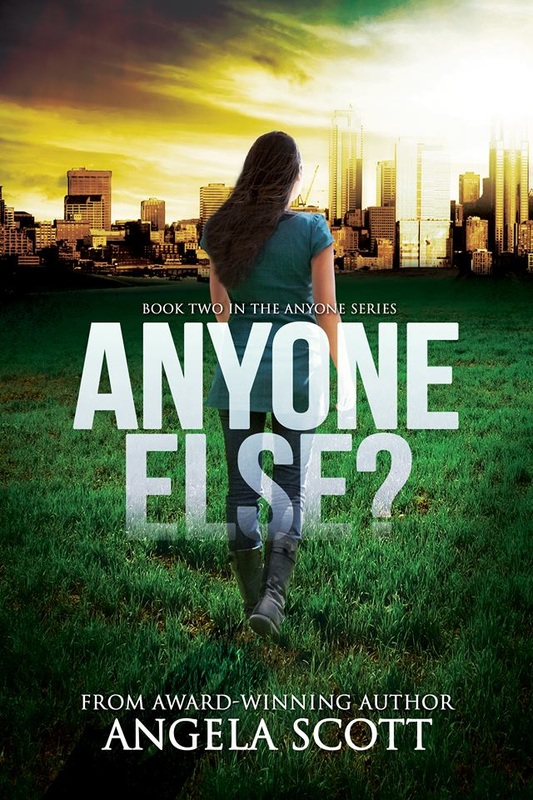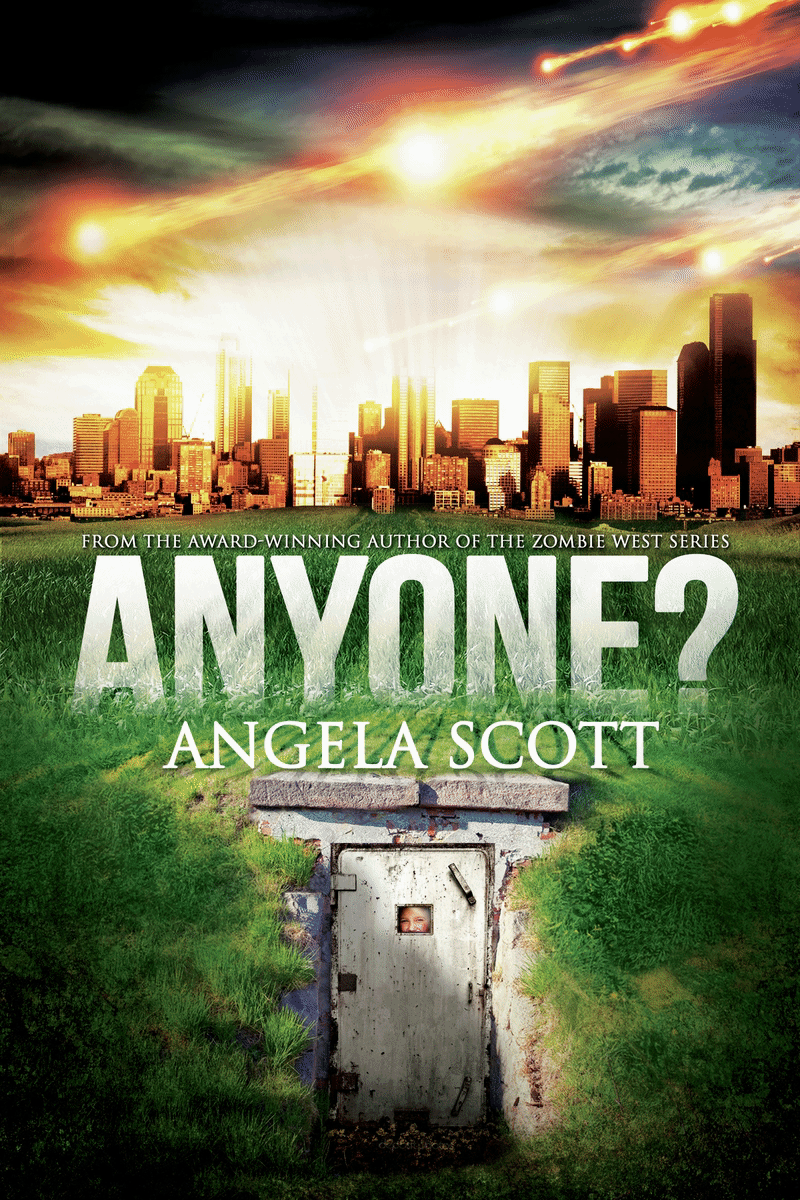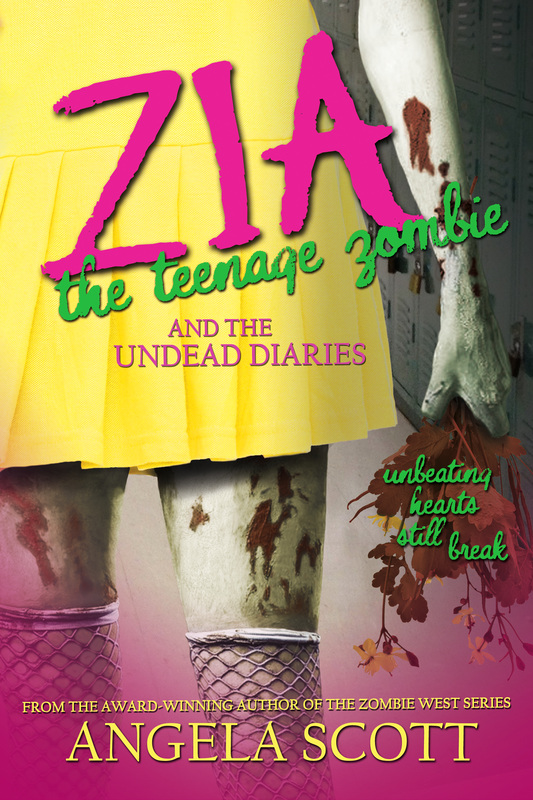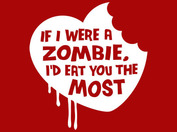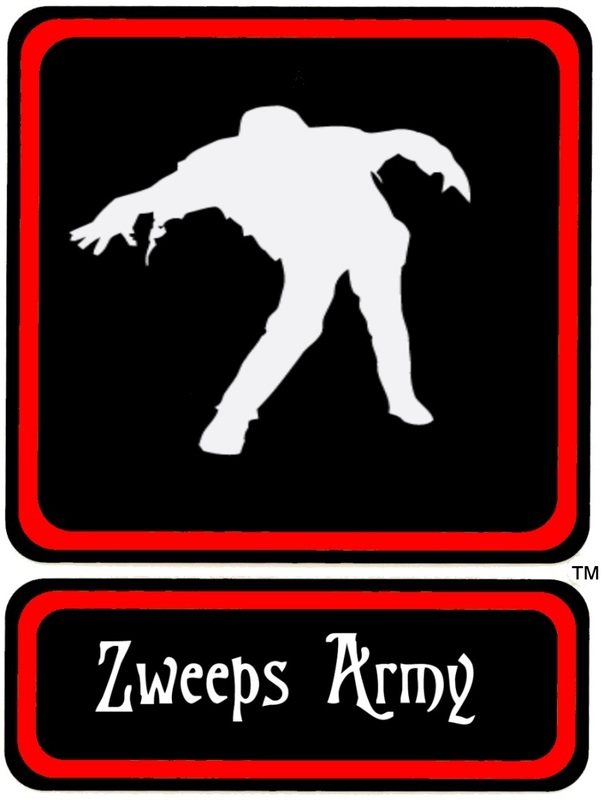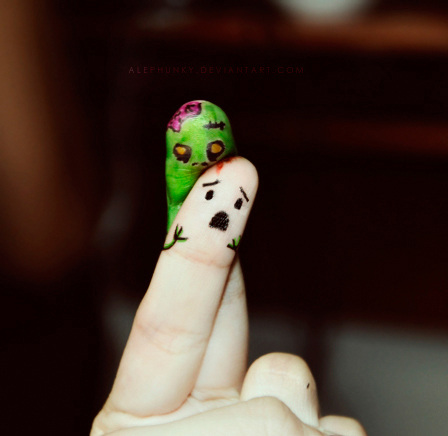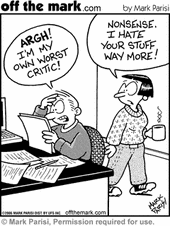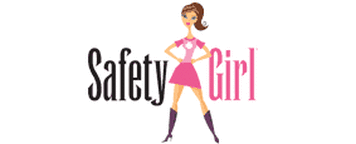 Years ago, I decided that each of my family members needed a 72 hour emergency kit. You know, in case of an emergency. I would make sure each kit contained enough water, food, clothing, and basic survival essentials to live on in case of earthquake, hurricane, tornado, zombie apocalypse. What a good mom I was. I tossed in granola bars, pop tarts, bottled water, toothbrushes, toilet paper, hard candy, etc . . . Bring on the emergency. We were ready.(Just kidding. Don’t bring on an emergency. I like things non-emergency like. I really, really do). Well, guess what. No emergency. Year after year passed in peace and harmony, and the kits were stowed safely under my bed. Eventually, with time, I forgot about them. Here’s the thing about 72 hour kits—they need to be updated on a yearly basis. Yep. YEARLY basis. Not decade. Remember that, in case you decide to make 72 hour kits for your family members, which you should by the way. It’s a good thing . . . as long as you continually update them. Had an emergency actually occurred, and we had to rely on those kits for survival, we would have died within hours. No joke. Every bit of food packed in those kits was WELL beyond its expiration date. The bottled water looked nasty, and the clothing I packed (I laugh when I look at them) no longer applied. For instance, my eight –year-old-daughter would have had to wear diapers, plastic pull ups, and a size 12 month romper. My teenage son and his ten-year-old brother didn’t fare much better (Bob the Builder Underwear for each of them and footie-pjs). But the worst of all . . . I would have had to wear “mom jeans.” Yep, the pants with the stretchy waist band (they were my after pregnancy pants). I shudder at the injustice I would have had to endure for my lack of preparedness. I would’ve looked hideous. Because even in an emergency, you still want to look cool.  My point is this: sometimes we need to make sure we are up to date on current writing trends and tips. We need to continually be updating our writing skills so we know what is industry standard and what just makes us look like amateurs and fools. There is an abundance of information available to us as writers and we need to take advantage of it. There is no reason that we shouldn’t—unless you THINK you know it all. You would hate to be standing there, holding your manuscript, wearing “mom jeans” and looking rather dumb now, would you? A couple of things to remember (things I’ve seen in our few months of critiquing): 1) Do not underline anything in your manuscript. Some of you have been told that you underline words or phrases that you want to emphasis. This is no longer true. You use italics for emphasis. 2) The only time you use single quotation marks is if you are quoting something inside a set of double quotations. Otherwise, always use double quotation marks. 3) You only need one space after a period. Not two. 4) Periods and commas always go inside quotation marks. 5) No funky fonts. Stick to Times New Roman. There are a couple of others that are acceptable, but Times New Roman is the standard font. No curly Q’s. 6) It’s best to use contractions in your dialogue. Most people don’t talk like this, “I can not believe he did not see the cow in the middle of the road? He should have swerved.” 7) Know the industry standard for word length in your genre. If you self-publish, I guess it doesn’t matter if you have a 250,000 sci-fi novel. Traditional publishers, on the other hand, will pass it by. Especially if you are a new author. Anything less than 50K is considered a novella and not novel. 8) Do not use more than one exclamation point to indicate your characters excitement. None of this--!!!!! Or this--!?! . In fact, use exclamation points sparingly. 9) Do not use more than one modifier. I mean, it’s great to know that your hero has super, cute, brown, wavy, shiny hair. There is no need. Just pick one. Otherwise, your reader will forget what it was you were trying to modify. Keep yourself updated. Don’t have a decade old 72 hour kit as your writing arsenal. Make your kit fresh and current—useable. You will be so much better, so much wiser, so much more in tune to today’s writing standards if you do. What other outdated rules have you seen people continue to use? What do you do to keep yourself current in an ever changing world of writing? Your tips and comments would be appreciated.
14 Comments
10/19/2011 08:31:07 am
Some great tips! I've heard of some truly bizarro "rules" lately: No adverbs, no words that end in "ly," no ing-words.
Reply
Great tips. I cringe every time I see one of my tutoring students or friends use a double space. (Speaking of double spaces, there's one on your 7th point. I think you omitted an "a" there.)
Reply
This is a great example! Reminds me I need to update our 72-hour kits too. Or actually - MAKE our kits. ;D
Reply
10/19/2011 03:50:54 pm
Mom jeans: classic. Great photo too, don't they all look so happy being dorky! Love how you related it to writing. Funny, I thought we had moved from double quotation marks TO singles for dialogue, and that a period goes outside talking marks if dialogue doesn't start the sentence. So woah, am I glad I read this! I would have been the slush-pile dummy!
Reply
10/20/2011 12:56:31 am
Such great points. The double space still KILLS me, though. (Notice I am double spacing after the period even now.) I am so OLD SCHOOL and it is a lifelong habit.
Reply
Oh, about underlining vs. italics: A few years ago I got this really mean rejection letter: "If you were professional about your writing, you'd understand that you're supposed to underline the words you want to emphasize, NOT italicize them." Well, I'd grown up with typewriters and already knew about the underlining rule, but I'd done my research before submitting that story and everything I read said italicizing was the rule now. I wish I'd had the nerve to send that editor a nasty note back!
Reply
10/20/2011 07:41:21 am
Great points. As a man, I still wear the same clothes as I did 10 years ago. Dad jeans never die. They just evaporate.
Reply
10/20/2011 08:24:58 am
Great article, I'd just add a number ten: when you pick that descriptive modifier, please, please don't over-use it. I just read an indie novel where every character had chocolate colored eyes, no joke. Try selecting one modifier per scene and then a DIFFERENT one the next scene. Your readers will thank you.
Reply
This is awesome!
Reply
Funny picture, now all they need are photoshopped shotguns and machine guns to make their 72 hour zombie apocalypse kit complete. I came to your page via Evolved's site because I'm intrigued by the idea of your zombies terrorizing the Wild West.
Reply
10/24/2011 02:58:27 am
Now that's interesting. The double space after a full stop (period, right?) was drummed into me so hard at school when I was learning letter writing and all the rest of it.
Reply
10/30/2011 05:46:32 am
Haha! Love the diapers for the 8-year-old. :) Man, that would've been a really cool look for her, too. ;) Great reminders to update our writing. I'm also hearing now that Courier New might be better than Times when sending out manuscripts to agents.
Reply
Steph Scott
12/8/2011 04:56:40 am
The emergency kit story cracked me up. More like a time capsule! Great post.
Reply
Leave a Reply. |
Now Available!
|
